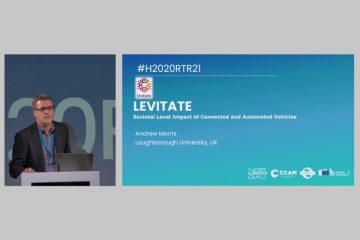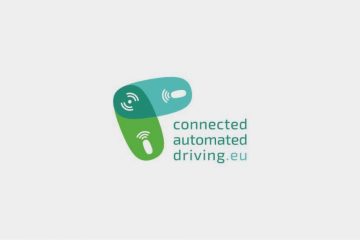ARCADE is a project whose mission is to network with all the vehicle automation projects. LEVITATE has already established a dialogue with ARCADE partners about impact assessment methodologies.
On February 25th, ARCADE organises an online workshop on the topic of data sharing in the CCAM area. ARCADE is a H2020 Coordination and Support Action. Data sharing is one of its topics. In the CAD knowledge base, ARCADE collected material for data sharing.
For cost-effective evaluation of CCAM and for comparability of automated driving research studies, data sharing is essential. If not, costly parallel work on data collection remains common practice. For training of AI, large data sets are needed as well. Many hurdles for data sharing exist, starting from data sensitivity, security, data formats and descriptions, to privacy (GDPR). Today’s working-from-home practice has quickly enabled some remote access facilities.
In this workshop, we will identify bottlenecks and promising approaches for data sharing. The morning session is a broader webinar presenting today’s status, experiences and challenges. The afternoon expert workshop features three break-out sessions where we work on defining boundary conditions and next steps following promising approaches. It is possible to register for morning or afternoon only.
The break-out sessions are:
- Principles for industry data sharing
What principles can we agree upon for enabling data sharing in industrial and research projects? Under what conditions is sharing possible? After an introduction of an international multi-partner project, we will work on promising approaches.
- In-vehicle data selection and analysis
Data is generated in vehicles for research and development. This could lead to difficulties in managing large amounts of data, governing and protecting IP rights, and privacy issues. What if the data could be processed in-vehicle and only a reduced dataset is sent back-office, after data is pseudonized and reduced in size? This workshop will discuss how can we reach this state and what are the steps needed.
- GDPR in practice
What practical privacy challenges do researchers and developers face in order to collaborate and share personal data? We will discuss examples of the type of problems which may be encountered, examining how (and if) they may be overcome.
You can register here »



